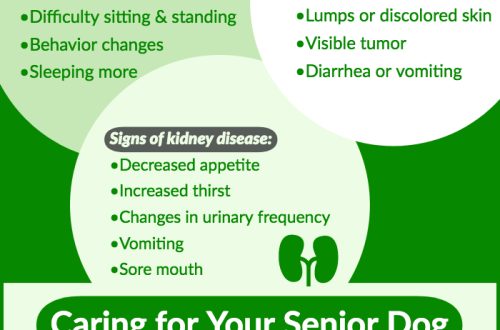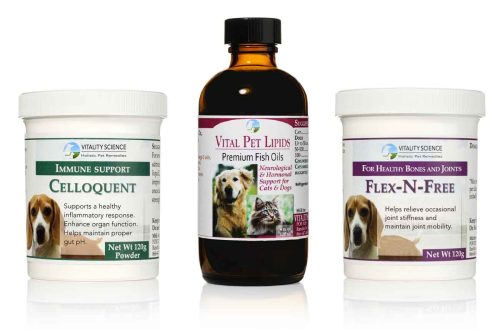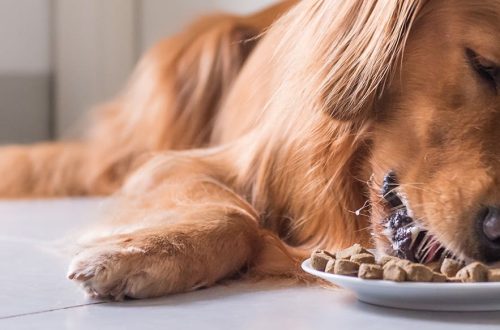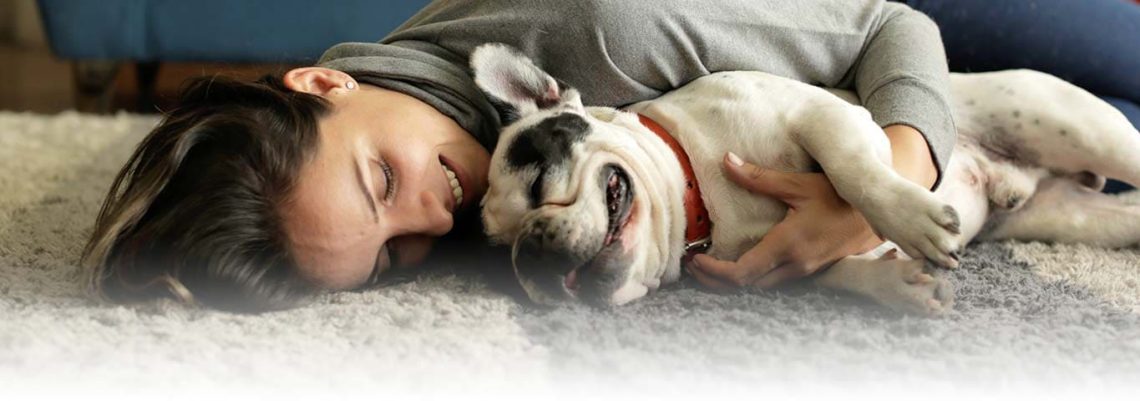
How to keep your dog healthy: 7 tips from Hill’s
You may think you have all your daily dog care routines in your head, but do you provide all the care he needs from nose to tail? In this article, you will learn 7 tips on how to care for your dog on a daily basis.
Contents
1. Feed
Not sure how much or how often to feed your dog? The age, breed and size of the pet matter in determining the amount of food needed and the frequency of feedings per day. Choose a nutritionally balanced diet and measure according to package directions, or ask your veterinarian for advice on how much to feed. If she had her way, your dog would eat all day without a break, so portion control is very important! Some animals may require special nutrition to compensate for certain health conditions. Check with your veterinarian if your dog has any special needs. As much as you like, don’t give her table scraps or other human food, as this can cause her to gain weight and cause digestive problems. Although she looks at you with her big plaintive eyes, she is really just interested in what you eat – after all, you are the leader of her pack.
2. Water
How much water should a dog drink? Make sure your pet always has fresh, clean, cool water in a bowl. So she can drink as much water a day as she needs. According to the American Kennel Club (AKC), dogs need to drink plenty of water: approximately 50-60 ml of water per 1 kg of body weight. For example, a 20 kg dog needs 1000 ml to 1200 ml of water per day. In hot weather or if your pet is still a puppy, the proportions must be increased.
3. Physical activity
Dogs need to move a lot every day. Make sure your dog gets enough exercise every day. Activities can include walking or jogging, playing fetch ball, tug of war, or hide and seek in the house. Depending on the breed, some activities may be more enjoyable for your dog than others. For example, many retrievers can spend hours splashing in the lake in search of a tennis ball. Some pets enjoy walking or hiking. You know your dog’s temperament better than anyone, so find what he likes and try to make it part of your daily routine. Joint physical activity is not only good for her health, but also for yours.
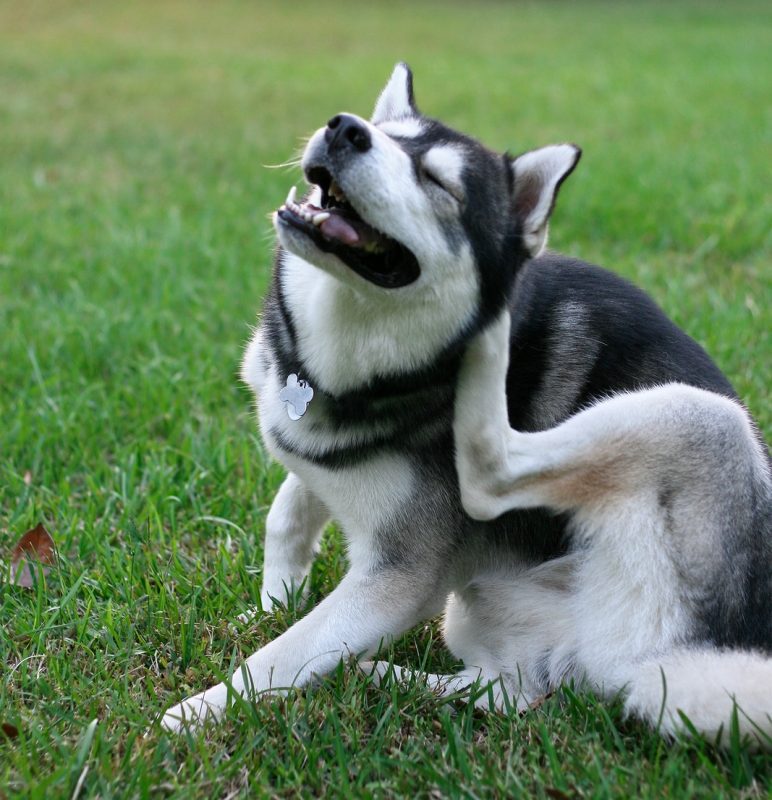
4. Grooming
Regular brushing your dog will not only get rid of excess hair that may be left on your clothes or furniture, but will also help check the condition of his skin and coat. This way you can detect any parasites that are not so noticeable at first glance, such as ticks or fleas. In addition, it is important to treat the animal with flea and tick remedies in a timely manner in order to prevent the bites of these parasites. You may also find combed patches in her coat, which means it’s time to take her to the veterinarian for a checkup to rule out the possibility of any disease affecting the skin or coat. Grooming can also help you spot any lumps or bumps that you should check with your veterinarian. In addition, regular brushing is a great way to bond with your dog. After all, who wouldn’t want a good massage?
Don’t forget about your dog’s claws, too. Be sure to trim them regularly and keep them clean to prevent breakage and infections. If you are not comfortable trimming them at home, ask your veterinarian or groomer to do so.
5. Oral care
Many dog owners make the mistake of not taking care of their dog’s teeth until they are older or have some kind of problem. However, if you get your dog into the habit of brushing his teeth while he is still young, it will help him adjust to dental care routines and prevent a lot of health problems. Check the color of her gums and tongue regularly and keep her teeth clean with brushing and special chew toys. Take your dog to the veterinarian regularly for professional teeth cleanings. Plus, there are dog foods specifically formulated to support oral health—if you think she could use some extra oral care.
6. Perfect paws
If you live in an area where the pavement gets very hot in the summer or gets covered in ice and salt in the winter, always check your dog’s paws and keep them clean. We recommend buying her a pair of booties or using a protective wax if her paw pads are cracked, dry or irritated. If you notice that your pet is licking its paws vigorously, wash them with a mild, pet-safe soap. If the licking continues, Wag! advises having the paws checked by a veterinarian for microscopic skin mites, or a foreign body lodged between the toes
7. Visits to the veterinarian
Regular visits to the veterinarian are an important part of your dog’s overall health care. If you have a puppy or older animal, take it to the veterinarian within the first two weeks to get all the necessary vaccinations, flea and tick treatment, and make sure there are no noticeable health problems. Your veterinarian can also tell you if your dog needs any extra care, such as ear cleaning, help with anxiety, and general training and obedience advice.
Grooming a dog can sometimes feel like a full day’s work, but the benefits you get are well worth it. Also, the more time you spend taking care of your pet’s health, the more time you spend strengthening your relationship – isn’t that what you got a dog for?



